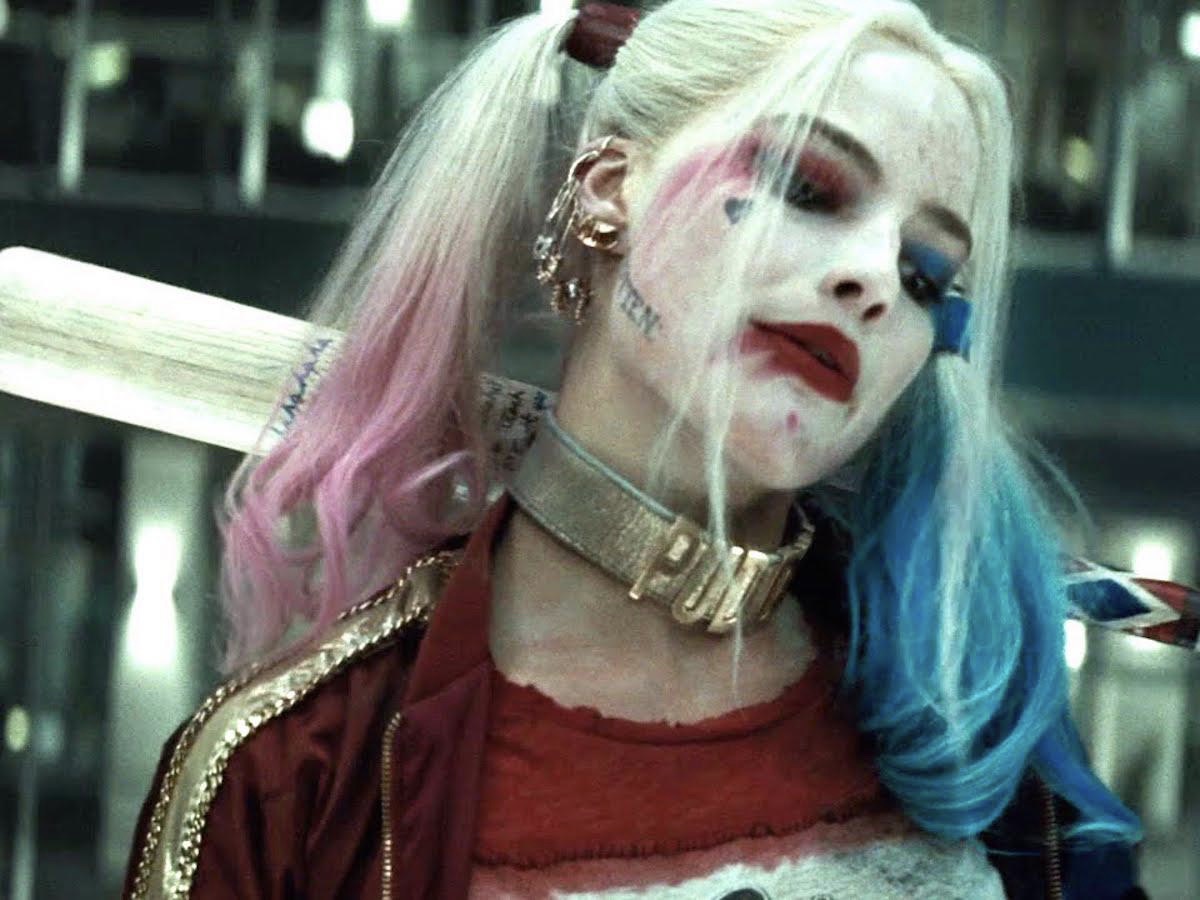What makes Harley Quinn such an iconic comic book character? She’s crazy, fun and most of all — relatable. She’s amassed a lot of recognition as a female supervillain turned superhero, and in a male-dominated world, that’s a pretty tough feat to accomplish. Originally meant for only one episode of “Batman: The Animated Series” as the Joker’s sidekick, Harley Quinn has since played a significant role in the world of comics for almost three decades and moreover, has given women in comics the liberty to not be perfect — which is probably one of the most iconic feminist statements of them all.
Tara Strand explains in Vulture that “Feminism is about showing women as fully fleshed out human beings, and that’s what Harley is.” Strand points out that Harley “doesn’t make choices that are smart or good for a woman, but she gets to make those choices.” A big problem with feminism today is the pressure to always be strong, be independent, be intelligent and be 110% all the time. These are unfair expectations for anyone.
Trying so hard to go against the patriarchal narrative will just have women playing right into the trap that ultimately ends in crashing and shutting down. Men are allowed to be screwups, drunks, crazy and dependent. Why? Because they’re humans — but so are women. Harley is one of the women in comics who embodies that, which is why she has rivaled Wonder Woman as a top feminist character: “Wonder Woman sort of represents perfection, whereas Harley represents everybody else.”
Wonder Woman has always been a staple of female empowerment — tough, powerful, righteous and beautiful. She never needed a man but could have one when she wanted one. She was never a damsel in distress, never willingly strayed from her values and often had to rescue her male colleagues. Now, there isn’t anything wrong with that; Wonder Woman motivated young girls to have strength, be brave and be courageous, and she showed young boys that girls are just as capable of handling difficult situations. However, these standards are not always healthy to project on a young girl or woman of any age.
The intense pressure of always having to prove yourself to your colleagues just because of your gender is wrong. Not only does that thinking create a divide through double standards, but it also creates intense mental stress and promotes unhealthy thinking. That’s why Harley Quinn is so important for women in comics and in general. She balances out someone as righteous as Wonder Woman. She’s loud, unapologetic and perfectly imperfect. She’s an antihero who embraces her mental distortions, and instead of denying or suppressing them — which ultimately causes them to deepen and worsen — she works through them to become her own boss, which encapsulates the whole idea of feminism.
On the flip side, the Marvel Universe has always been the opposite of the DC Universe. A similarity, however, is the strides they made in the superheroine revolution. April 24 is the projected release of the highly anticipated “Black Widow” movie. She isn’t the first superheroine to have her own film. In 2004, “Catwoman,” starring Halle Berry, was the highest-grossing female-led superhero film. “Wonder Woman” was released in 2017, out-grossing “Catwoman,” and in 2018, Captain Marvel” made her debut. Black Widow has always been a vital member of the Avengers, although she never gets the same recognition as Wonder Woman in the Justice League, despite being an original member.
As far as women in comics go, Black Widow’s origin story is similar to Harley Quinn’s: very real, incredibly sad and although not completely relatable, can still be empathized with. She was an orphan in the Soviet Union and rumored to be a descendant of the deposed Romanovs. Trained and recruited by the KGB, she was kidnapped, brainwashed and fought in the army. She lost her lover and baby during WWII, and was subsequently inducted into the Black Widow program, which surgically prevented her from being able to become a mother ever again. Black Widow survived more mentally and physically than half of the Marvel Universe. And she did it without powers.
Black Widow was supposed to have a movie years ago, yet production kept pushing back the dates, focusing on the phases and finishing up the story arc of “Avengers: Endgame.” Because of Tony Stark’s ultimate sacrifice, she even received the short end of the stick with her death during the movie. All the mental manipulation, her troubled past and determination to make right all her past wrongs is what drove her to give her life for the people and world she loved. And even though Tony Stark is a lovable character, let’s be honest: He didn’t suffer nearly as much as Black Widow did. The point is, Black Widow deserved a movie long ago.
This is why Harley Quinn and Black Widow are the ideal women in comics to help propel feminism to the next level. Harley Quinn fan Elise Archer puts it best: “I don’t want to be condescended to with strong, independent female characters who don’t have any flaws and are just kinda perfect and sane and never make bad relationship choices … For me, the freedom Harley’s been given to be a f–k-up is much less misogynist than all these other hackneyed stories thrust on female characters again and again.”
Ordinary girls, doing extraordinary things while facing modern-day trials and tribulations; those are realistic role models.
















